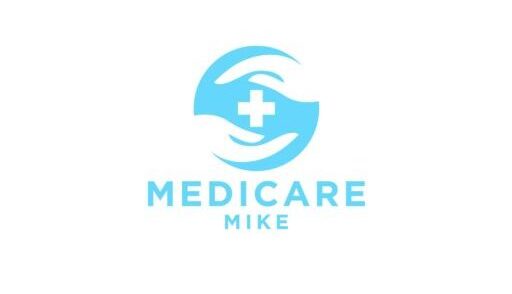HSAs and Medicare

Health Savings Accounts and Medicare: Everything you need to know
Health Savings Accounts have been growing in popularity over the past 20 years. But how do they impact your Medicare? Here’s the key things you need to know about Medicare and Health Savings Accounts.
What is a Health Savings Account?
A health savings account (HSA) is a type of savings account that lets you set aside money on a pre-tax basis to pay for qualified medical expenses.
Unlike some other accounts that have tax benefits, this is NOT a use it or lose it situation.
So any money you contribute during the year but don’t use stays in the account. You can use it the next year or whenever YOU want.
Who can contribute to a Health Savings Account?
In order to be eligible to put money into a health savings account, you must have a qualifying high deductible health plan. It will say “HSA-eligible” on it.
How much can you contribute to a Health Savings Account?
In 2021:
- An individual can contribute up to $3,600 per year.
- A family can contribute up to $7,200 per year.
- If you are age 55 or older, you can contribute an extra $1,000 per year in catch up contributions.
What happens to my HSA when I start Medicare?
The money you have in your HSA is still yours. You can continue to use it for qualified medical expenses which are covered further down in this article.
You are no longer eligible to contribute to an HSA when you start Medicare. This is important to know because it’s true even if you plan to continue working.
Some people I speak with plan to continue working and enroll in Medicare part A since there is no premium for them to pay.
But by enrolling in part A, they are no longer eligible to put money in a HSA anymore.
I’m delaying Medicare, what do I need to know about HSAs?
You should stop contributing to your HSA at least 6 months prior to you enrolling in Medicare.
Why?
Good question. It’s because your Medicare part A can be made effectively retroactively. That’s right. It can be made effective up to 6 months prior to you actually enrolling.
So to avoid a tax penalty, it’s important to stop contributing to your HSA before then.
Qualified Medical Expenses: What can I use my HSA for when I’m on Medicare?
- Medicare Part B premiums
- Medicare Part C premiums
- Medicare part D premiums
- Medicare deductibles
- Medicare co-insurance and copayments
- Dental expenses
- Vision expenses
- Hearing aids
- Over-the-counter medicine
What about Medicare Supplements?
HSA funds can NOT be used to pay for Medicare Supplements aka Medigap insurance.
Medicare supplement premiums are not considered an eligible expense so your HSA cannot be used to pay for the coverage.
You can use your HSA at age 65 for non-qualified medical expenses without facing a penalty. But you will be taxed on that withdrawal as ordinary income. So it’s probably not the best option for most people.
Key takeaways
Having a HSA when you are on Medicare gives you options. It’s best to use those funds for qualified medical expenses which includes many of your out of pocket expenses.
- You’re not eligible to contribute to a HSA after you enroll in any part of Medicare
- You can use the money that’s already in your HSA to pay your Medicare premiums, deductibles, and copayments
- You cannot use your HSA money to pay for Medicare supplement/Medigap insurance
If you require counseling or advice on HSAs, it’s best to consult a tax professional.